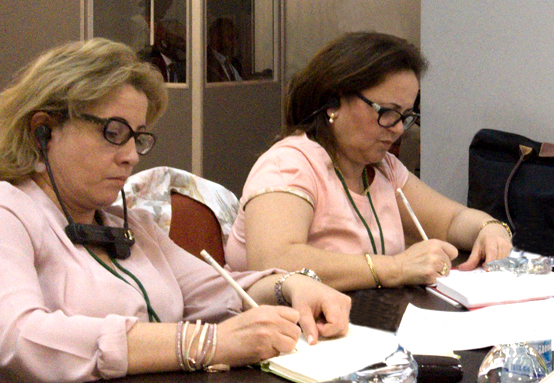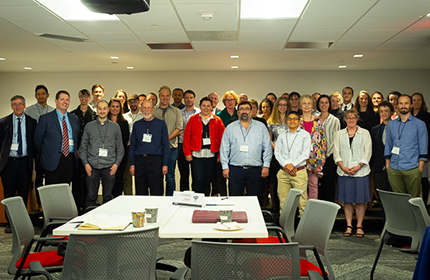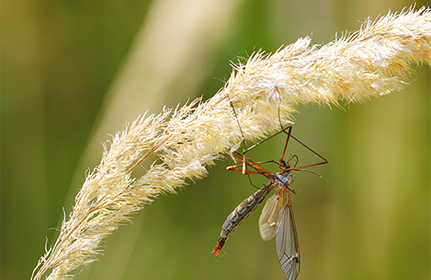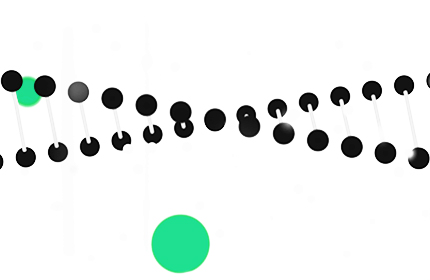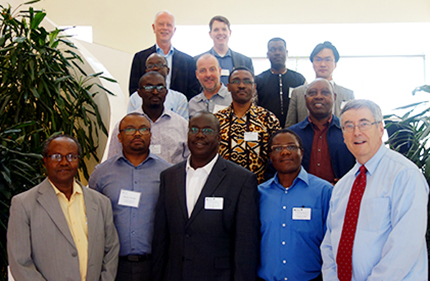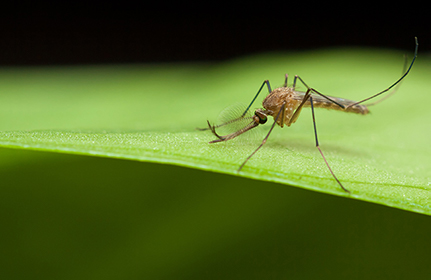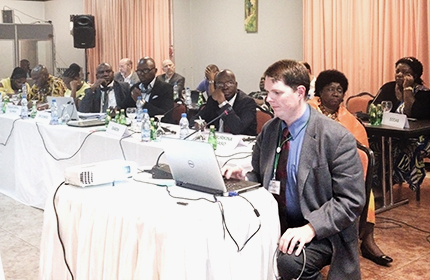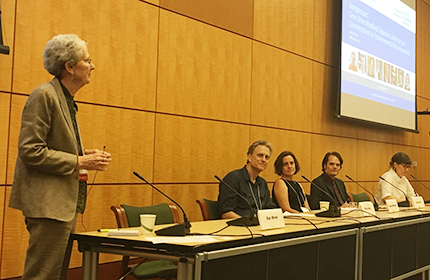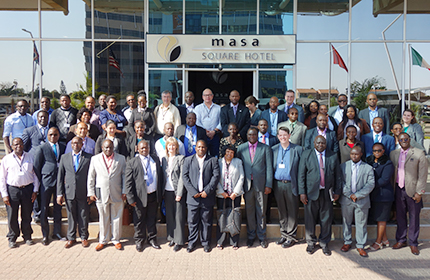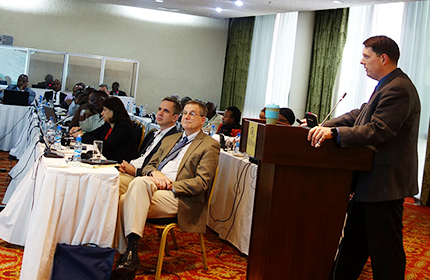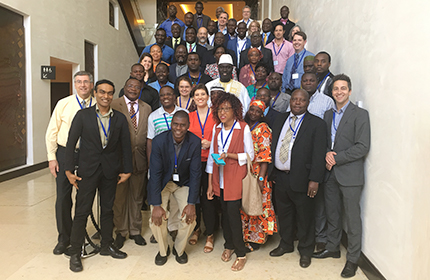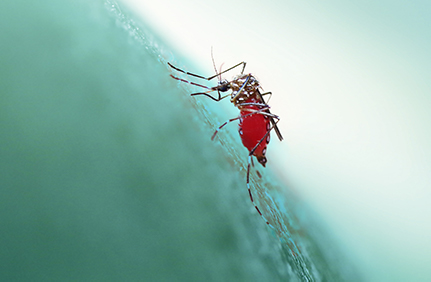Overview
According to the World Health Organization’s World Malaria Report, an estimated 228 million cases of malaria occurred worldwide in 2018, with 90% of this total concentrated on the African continent. Alarmingly, and despite an increased public health focus on the elimination of malaria, it is becoming clear that many countries will not be able to achieve this goal without considering novel management approaches. One control strategy in the early stages of development is the use of gene drive mechanisms to suppress or replace vector mosquito populations.
Collaborators & Partners
- Government of Australia
- Foundation for the National Institutes of Health (FNIH)
- New Partnership for African Development (NEPAD)
- Organisation for Economic Co-operation and Development (OECD)
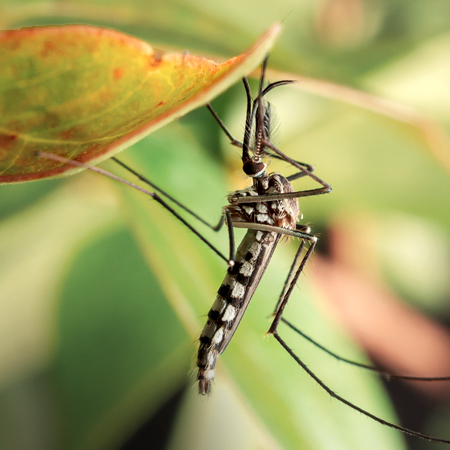
Current Work
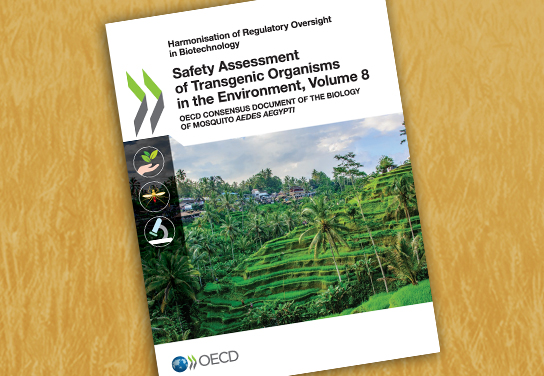
Understanding Mosquito Biology to Inform Risk Assessment
Understanding vector biology is an important component of any disease management strategy. This knowledge will be essential for assessing the potential environmental risks that may be associated with the deployment of genetically engineered mosquitoes. To that end, the Agriculture & Food Systems Institute and representatives from the governments of Brazil and Mexico served as convening lead authors of the OECD’s first biology document for an insect species, Aedes aeqypti, which was published in 2018.
With the success of this first effort, a second mosquito biology document, describing Anopheles gambiae, is now underway. First proposed to the OECD by the New Partnership for African Development (NEPAD), the Agriculture & Food Systems Institute was pleased to be asked to co-lead the drafting group with NEPAD and the Government of Australia. With funding from the Foundation for the National Institutes of Health, we partnered with the OECD to convene a workshop in Addis Ababa, Ethiopia on March 14-15, 2019 that brought Anopheles experts together to start drafting the biology document. This author group continues its work, with the aim of having the final document published by the OECD in 2023.
Our Successes
Between October 2016 and February 2018, the New Partnership for African Development (NEPAD) organized four regional consultations on the potential use of gene drives to combat malaria transmission through vector suppression. At the request of NEPAD, the Agriculture & Food Systems Institute assisted in setting the agenda for the scientific programs and guided participants through a problem formulation exercise to inform future work on risk assessment.
These consultations served as an introduction to the basic principles of environmental risk assessment. They also provided a critical opportunity to hear from regional risk assessors and stakeholders regarding potential risks that may be associated with deploying gene drive technology for this purpose.
Participants in the workshops identified human health and biodiversity as being relevant broad protection goals. Results of the deliberations provide insight into the concerns of African participants at an early stage in the development of gene drive mosquitos that should be instructive to researchers developing this technology. A summary publication capturing the findings from the four African consultations was published in Malaria Journal in October 2019.
- Central Africa Consultative Meeting · February 2018 in Gabon
- East Africa Consultative Meeting · June 2017 in Kenya
- Southern Africa Consultative Meeting · June 2017 in Botswana
- West Africa Consultative Meeting · October 2016 in Ghana
Discover
Publications
Genetic Biocontrol for Invasive Species
Frontiers in Bioengineering and Biotechnology | May 25, 2020
This publication provides an overview of the state of genetic biocontrol, focusing on several approaches that were the subject of presentations at the Genetic Biocontrol for Invasive Species Workshop, which was sponsored by the OECD’s Co-operative Research Program on Biological Resource Management for Sustainable Agricultural Systems.
Problem Formulation for Gene Drive Mosquitoes Designed to Reduce Malaria Transmission in Africa: Results from Four Regional Consultations 2016–2018
Malaria Journal | October 15, 2019
This summary publication captures the findings from four African consultations organized by the New Partnership for Africa’s Development (NEPAD) to identify risk hypotheses and data needs for future environmental risk assessment of gene drives in the mosquito Anopheles gambiae.
OECD Consensus Document of the Biology of Mosquito Aedes aegypti
Safety Assessment of Transgenic Organisms in the Environment (Volume 8) | June 23, 2018
Volume 8 of the series Safety Assessment of Transgenic Organisms in the Environment contains the first OECD biosafety consensus document to deal with the biology of an insect, the mosquito Aedes aegypti.
Results from the Workshop “Problem Formulation for the Use of Gene Drive in Mosquitoes”
American Journal of Tropical Medicine and Hygiene | November 29, 2016
Reducing the incidence of malaria has been a public health priority for nearly a century. However, before new technologies and associated vector control strategies can be developed and exploited, it will be necessary to understand and assess the likelihood of any potential harms to humans or the environment. To begin this process, the Foundation for the National Institutes of Health and the Agriculture & Food Systems Institute organized an expert workshop to consider the potential risks related to the use of gene drives in Anopheles gambiae for malaria control in Africa.
Events
-
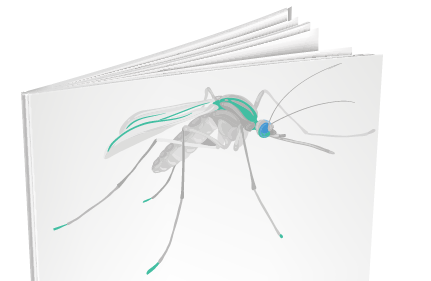 OECD Working Party on the Harmonisation of Regulatory Oversight in Biotechnology (WP-HROB)
OECD Working Party on the Harmonisation of Regulatory Oversight in Biotechnology (WP-HROB)March 18, 2024-March 20, 2024
Paris, France
-
 OECD Working Group on the Harmonisation of Regulatory Oversight in Biotechnology (WG-HROB)
OECD Working Group on the Harmonisation of Regulatory Oversight in Biotechnology (WG-HROB)April 17, 2023-April 19, 2023
Paris, France
-
 OECD Working Group on the Harmonisation of Regulatory Oversight in Biotechnology (WG-HROB)
OECD Working Group on the Harmonisation of Regulatory Oversight in Biotechnology (WG-HROB)May 18, 2022-May 20, 2022
Paris, France
-
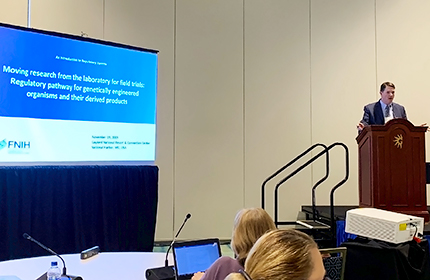 Moving Research from the Laboratory for Field Trials: Regulatory Pathway for Genetically Engineered Organisms and their Derived Products
Moving Research from the Laboratory for Field Trials: Regulatory Pathway for Genetically Engineered Organisms and their Derived ProductsNovember 19, 2019
National Harbor, MD, USA


